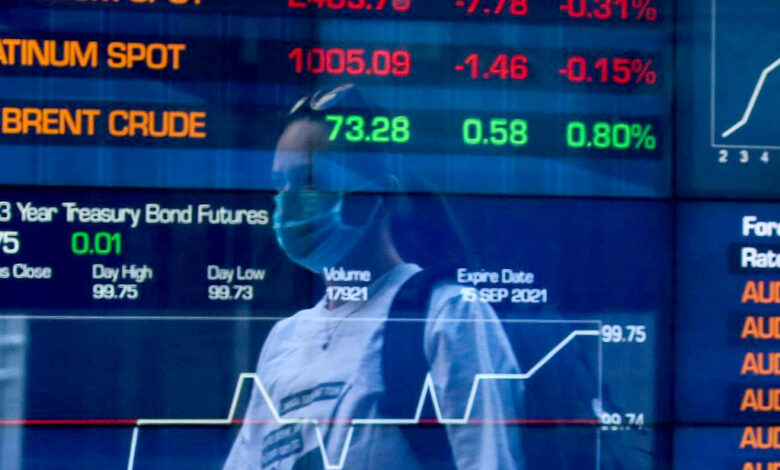China uncertainty weighs on Asian stocks, Australia bucks trend with positive performance

On Thursday, Asian stock markets experienced mixed results. Chinese stocks, specifically the Shanghai Shenzhen CSI 300 and Shanghai Composite indexes, declined by approximately 0.2%, reflecting concerns about the slowing economic growth and the declining diplomatic relations between China and the United States. This week, markets worried that ties between the two nations would further deteriorate after China threatened retaliation if Taiwan President Tsai Ing-wen met with U.S. House Speaker Kevin McCarthy during his American visit. While recent reports suggest that China’s expected rebound may not be as strong as the market hopes, promises of more stimulus helped limit losses in Chinese stocks. Premier Li Qiang reiterated the country’s commitment to boosting domestic spending and driving economic recovery at the Boao Forum.
Hong Kong’s Hang Seng index also fell by 0.5%, but shares of Alibaba Group rose by 0.6% as the company shared further details on its plan to split six ways. Meanwhile, Japanese stocks, as seen in the Nikkei 225 index, lost 0.8%, as investors locked in strong gains made earlier this week. Southeast Asian stocks also fell, with Malaysian and Thai stocks each losing 0.2%.
On the other hand, Australian stocks were the biggest outperformers of the day, with the ASX 200 index surging by 0.9%. This growth reflects growing expectations that the Reserve Bank will pause its rate hike cycle by as soon as April, with analysts now tapering their expectations for Australia’s terminal rate on signs that inflation had peaked and economic growth was cooling. The RBA is expected to hike rates once more before announcing a pause. Finally, technology-heavy indexes in South Korea and Taiwan, specifically the KOSPI and Taiwan Weighted indexes, respectively, gained support from an overnight rally on Wall Street, which was spurred by easing fears of a banking crisis.





